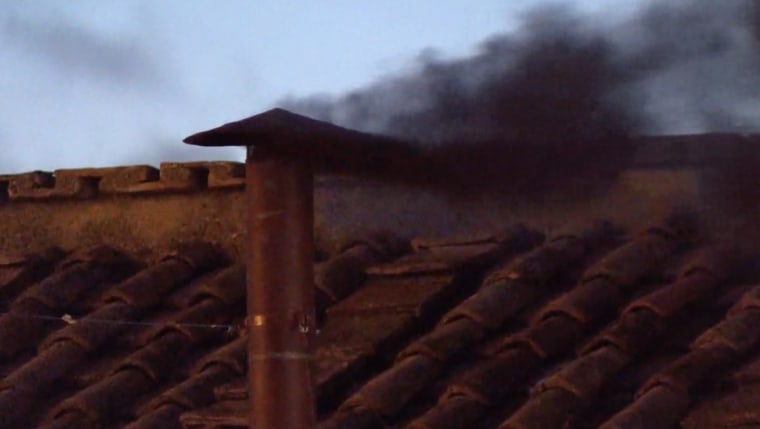Pope Leo XIV’s Name Choice and the Legacy of Leo XIII: A New Era for the Catholic Church

The Catholic world witnessed history as Cardinal Robert Francis Prevost was elected Pope Leo XIV, the first American-born pontiff. Beyond the initial excitement, his chosen papal name draws striking parallels to the influential legacy of Leo XIII. But what does this mean for the future of the Catholic Church, and why is the link to Leo XIII so significant?
The Choice of the Name Leo XIV: Symbolism and Intent
When Cardinal Prevost selected the name Leo XIV, keen observers immediately speculated about his intended path as pope. In papal history, name selection is more than tradition—it’s a signal to the world about the new pontiff’s vision and priorities. The last to select "Leo" was Leo XIII, a pope renowned for his commitment to the modernization of Catholic doctrine and championing of social justice.
According to the Milwaukee Journal Sentinel, Leo XIII’s reign from 1878 to 1903 was marked by "liberalistic and conciliatory views." He is perhaps best remembered for the encyclical Rerum novarum (1891), which advocated for fair wages, improved labor conditions, and the right of workers to organize—groundbreaking themes for his time that continue to resonate today.
How Did the Conclave Select Pope Leo XIV?
The election of Leo XIV was a meticulous and time-honored process. Over 130 cardinals gathered in the Sistine Chapel, cloistered from the world and under an oath of secrecy. After multiple ballots, white smoke billowed from the chapel's chimney, signaling to the faithful in St. Peter's Square and beyond that a new pope had been chosen. For a step-by-step look at the conclave and vibrant reactions on the ground, NBC News offers detailed coverage and stunning images from the event.
The ambiance in Rome, described by attendees, was filled with anticipation, hope, and unity. As new history was written, many Catholics drew inspiration from the precedents set by previous Leos, asking what direction the Church would now take.
The Enduring Impact of Leo XIII
To understand the relevance of Leo XIV’s chosen name, it’s essential to reflect on Leo XIII’s transformative papacy. As highlighted in this feature, Leo XIII was a strong advocate for peace, the rights of workers, and church adaptation in a rapidly changing world. His legacy is often summed up in his call for "charity, justice, and a willingness to listen." These hallmarks have shaped discussions on Catholic social teaching for generations.
The very meaning of "Leo"—derived from the Latin word for "lion"—adds another layer of symbolism. The name calls back not only to Leo XIII but also to earlier popes, like Leo the Great, known for courage and steadfastness in difficult times.
What’s Next for the Catholic Church?
By aligning himself with Leo XIII, Pope Leo XIV signals a continuation of progressive values: social justice, listening to the marginalized, and openness to renewal. Many believe this choice reflects a desire to uphold the spirit of Pope Francis and the recently concluded Synod on Synodality, which emphasized participation, communion, and mission within the Church—a theme echoed in Leo XIV’s first public address.
For a live account of the moment Cardinal Robert Prevost became Pope Leo XIV, including historic reactions and statements from global leaders, see CNN’s coverage.
Conclusion: The Legacy of Leo XIII Lives On
The election of Pope Leo XIV marks more than a change in leadership. It’s a thoughtful nod to the legacy of Leo XIII, whose reforms still influence the modern Church. As Catholics and observers around the globe look to the future, many are hopeful that Leo XIV will channel the strength, courage, and vision of his namesake—leading the church with compassion and a commitment to justice.
Curious about how popes choose their names, or who else shaped the conclave process? Visit this deeper analysis of papal names and traditions for more insights.